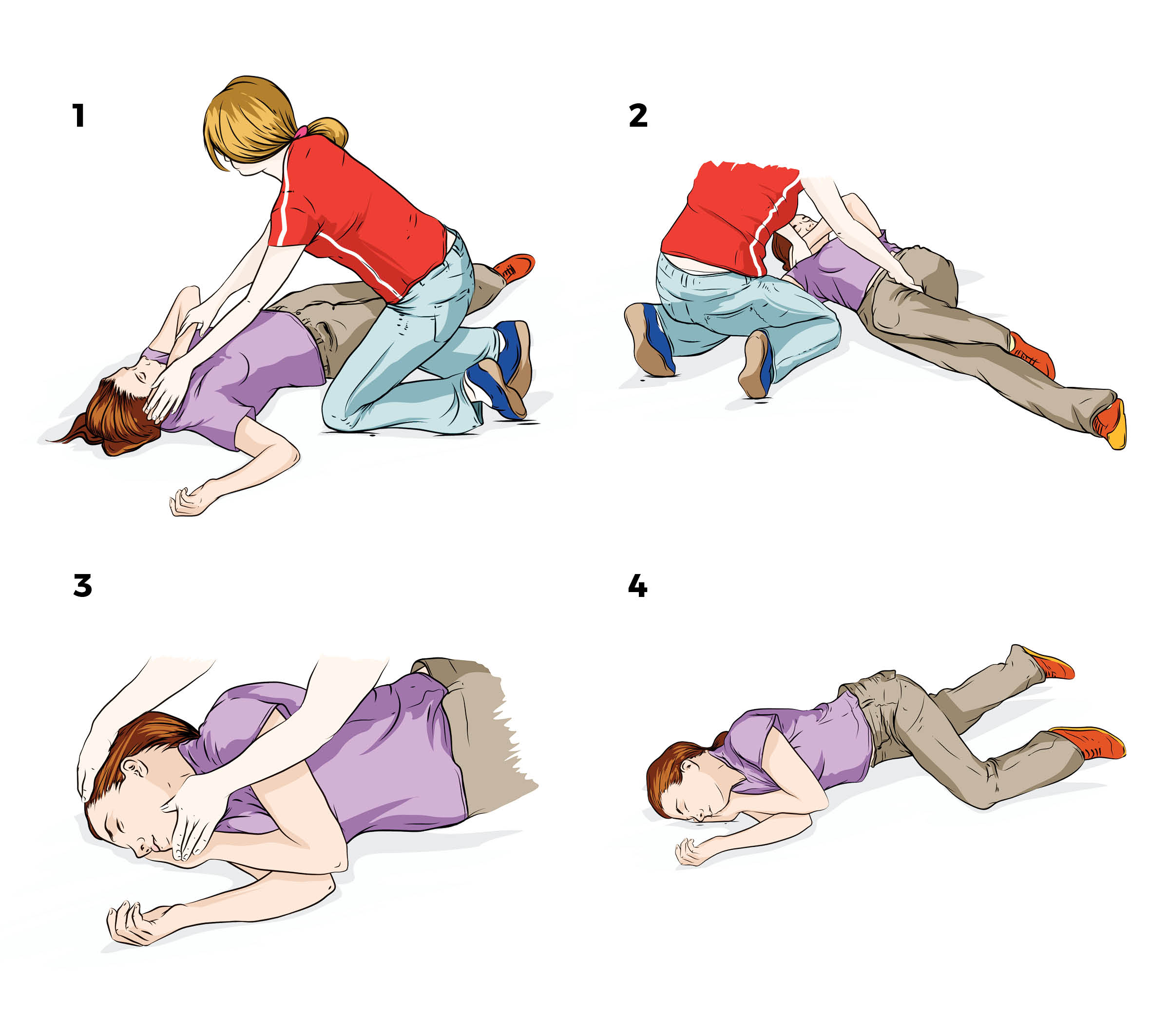Quetiapine
Quetiapine is an antipsychotic drug meaning that it is designed to correct chemical imbalances in the brain. It is commonly used to treat schizophrenia and bipolar disorders, although some doctors also prescribe it in lower doses for people who have anxiety or depression that is hard to treat, or who have trouble sleeping. Whilst quetiapine does have a sedative effect (i.e. can help induce sleep) it can become less helpful over time as the body adapts to the medicine and develops a tolerance.
Generic Name Trade Name
Quetiapine Seroquel®, Kaptan®, Quetia®, Syquet®, Tevatiapine®
What does it look like?
- Tablets or capsules
- Swallowed
People commonly use quetiapine to experience an improvement in their mental health. Other short-term effects can include:
- Dry mouth
- Tiredness
- Constipation
- Increased heart rate
- Dizziness
- Confusion
Quetiapine affects people differently depending on a range of factors including how much and what dose is taken, whether it is used with other drugs, and the individual characteristics of the person. Quetiapine when taken in large doses or when mixed with alcohol or other drugs increase the risk of accidents and overdose.
- Low energy and motivation
- Weight gain
- High cholesterol and blood sugar
- Increased risk of falls
- Poorer sleep
- Spending a great deal of time getting, using, or recovering from the effects
- Using in greater amounts, or for longer than originally planned or prescribed
- Needing to use more to get the same effect
- Having cravings, difficulties stopping/reducing use
- Experiencing withdrawal symptoms
- Social problems including relationship issues, financial problems, impacts on study or work and legal problems
Medical advice is recommended for people who are considering cutting back or stopping their regular or long-term use of quetiapine. Common withdrawal symptoms include nausea, diarrhoea, vomiting, headache, dizziness, sweating, fast heart rate, insomnia, anxiety, irritability, low mood and cravings. Withdrawal symptoms may be unpleasant, but usually decrease over time.
Sometimes it can take a few attempts to cut back or stop.
- Focus on reasons for cutting down or stopping
- Avoid ‘triggers’ (i.e. things associated with using such as places, people and stressful situations)
- Ask a friend, family member or health professional for support
Regular quetiapine use throughout pregnancy can increase the mother’s likelihood of experiencing gestational diabetes and the baby may be born with a low birth weight, tremor, respiratory distress and feeding difficulties. People who are concerned about their quetiapine use while pregnant or breastfeeding should talk to their doctor or health professional.
If so, questions you may wish to ask your doctor are:
- What are the benefits of using them?
- What are the risks associated with using them?
- Are there any safer or better alternatives? (including non-medication-based treatments)
- What would happen if we did nothing? (i.e. did not use this medicine)
If you agree to using this medication, you may also wish to ask:
- How long should I take this medicine?
- What are my chances of becoming physically or psychologically dependent upon this medicine?
- How difficult is it to stop using this medicine in the future?
Adis 24/7 Alcohol and Drug Support is a 24 hour, 7 day a week confidential support service for people in Queensland with alcohol and other drug concerns, their families and health professionals.
Talk to us. Anytime, anywhere.
1800 177 833
Signs of a quetiapine overdose may include:
- Loss of consciousness
- Urinary retention (unable to pee)
- Blurry vision with dilated pupils
- Low blood pressure
- Increased heart rate
- Seizure
- Vomiting
- Confusion
If a person has overdosed on quetiapine call an ambulance on triple zero (000). If they have stopped breathing commence CPR. If they are breathing normally, place them into the recovery position and wait with the person until the ambulance has arrived.

Adis - Understanding Quetiapine Fact Sheet
Adis fact sheet providing information about Quetiapine.
Take a self assessment quiz, it's free and only takes 5 minutes.
